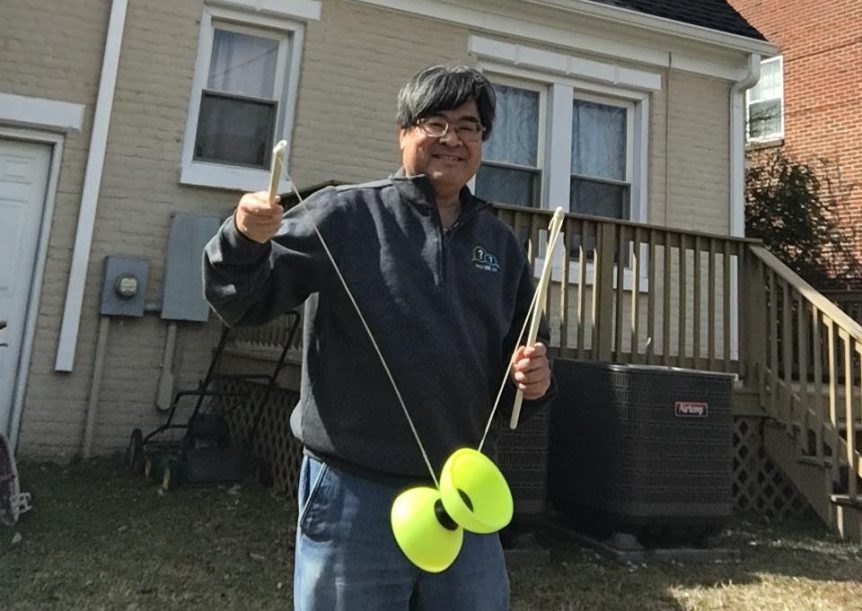International sporting competitions have always put forward the ideal of celebration of athletic accomplishment and not on disagreements between countries. Human, not national, achievement is the idea (ironic given the teams in fact play for different countries). The presentation of these events is also a political statement, as the host nation(s) try to put forward a good face, knowing that the world is watching.
As the Beijing Olympics winds down, various controversies remain ongoing. From doping to double standards, such controversies are endemic for sports on the global stage. (And in all honesty, for areas of competition overall). Despite the ideal that the Olympics be outside of politics, teams representing countries arguably make it impossible for politics to stay outside of the Olympics. But this is not just true for the Olympics,(1) international sports especially has had more than its fair share of political controversy, from soccer/football, (2) and even chess, (3) but perhaps the intersection of sports and political ideology has never been more intense (and destructive) than in the People’s Republic of China in the last decade of Mao Zedong’s rule. In an effort to recover from the disastrous “Great Leap Forward,” as well as consolidate his own power, Mao announced the “Great Proletarian Cultural Revolution.” Its declared goal is to be the shedding of the four “olds” (old ideas, habits, culture, and customs). Mao’s ill-conceived program resulted in the death of millions, and the destruction of many great cultural artifacts and traditions.
From just across the Taiwan Strait, in the Republic of China (Taiwan) led by the nationalist government, the Taipei government sought to preserve what was being destroyed on the mainland. They called for the preservation of seven traditional arts: kite flying, lion dance, dragon dance, jump rope, top-spinning, shuttlecock kicking, and diabolo. (4) Certainly, diabolo had been exported from China centuries earlier, but there is no doubt its organized preservation in Taiwan is very important to its place in contemporary Taiwan, as well as in China and in circus arts worldwide. Unlike Taiwan, at first, China played diabolo as a hobby vocation, mostly focused on older people, especially using the monobolo variation, since it moves slower.
To get a deeper insight into contemporary diabolo in Taiwan, I interviewed Britney Cheng. (5) She is a school teacher and teaches her students diabolo in her spare time. She also takes students to competitions. She was trained in a style that incorporates more dance and movement because her teacher was originally a dancer who added diabolo to her skill set.
Cheng notes that schools in Taiwan have diabolo in the curriculum, and most Physical Education teachers know basic diabolo moves. She estimates that about 80% of the students in elementary school have tried diabolo. Students can learn more in extracurricular activities and schools usually hire diabolo teachers for that. Some advanced schools make diabolo their school feature, and in that case, schools hire have professional diaboloists as their team coach. Each teacher/coach has a distinctive style, much like dance or cheerleading groups. For Cheng and her teacher, the focus is on making the performance pretty first, then adding difficulty. She points out other styles sacrifice aesthetics by putting in as many tricks as possible into the performance. She says, “That’s not performing, that’s practicing”
The oldest diabolo competitions only required 7 basic tricks. Because of the increase of the diabolo population, competitions also slowly transformed into today’s competitions that include individuals, duos, and groups. These are scored by difficulty and rhythm, with deductions for errors. The young modern diaboloists of today even have their own subculture.
Today, diabolo flourishes worldwide, including a resurgence in mainland China. About 10 years ago, during a period of relatively good relations between Beijing and Taipei, Cheng notes that diabolo coaches from Taiwan were invited to China to aid in the development and resurgence of diabolo in mainland China. The explosion of diabolo artists from Mainland China owes at least a little to these exchanges.
While diabolo and other traditional arts could contribute to more peaceful cross-strait relations, politics continues to shadow this development. In 2019, in an international cultural summit focused on countries participating in China’s Belt and Road Initiative, attendees declared the need to create an international diabolo association and establish a competition. Of course, this statement dismisses the International Diabolo Association (established in 2013) that counts Taiwan as a founding member. (Beijing does not even acknowledge the IDA).
Sport and politics, like art and politics, are likely destined to be forever intermixed, especially when governments are involved (and really, when will they not?) But as the 2022 Beijing Olympics concludes, as we see the diabolo flourish worldwide as a circus art, we should acknowledge Taiwan’s contribution in “saving” the diabolo.
Eric Y. Shibuya is a Professor of Strategic Studies at Command and Staff College, Marine Corps University, and a former member of the International Jugglers Association (IJA) Board of Directors. The views presented here are his own and do not represent the official policy of the IJA or Marine Corps University.
(1) See Victor D. Cha’s Beyond the Final Score: The Politics of Sport in Asia (New York: Columbia University Press, 2009) for an analysis of the politics and presentation of the previous Beijing Olympics from 2008. For a much deeper analysis of the politics of circus arts in China, see Mariam Ala-Rashi, Bending Bodies: Contortionists and Politics in China (Philadelphia: Modern Vaudeville Press, 2022).
(2) Simon Kuper, Soccer Against the Enemy: How the World’s Most Popular Sport Starts and Fuels Revolutions and Keeps Dictators in Power (New York: Nation Books, 2006) is a bit dated, but remains a solid analysis.
(3) Daniel Johnson, White King, Red Queen: How the Cold War was Fought on the Chessboard (Boston: Mariner Books, 2008)
(4) Professor Andy Liu of the University of Taipei makes this point speaking with Erin Stephens during the International Jugglers Association’s 2020 online festival (discussion starts at about the 10:40 mark). URL: https://www.youtube.com/watch?v=Vc1JncCXm2E
(5) Interview on March 27, 2021. Her Instagram is @diabolofor all, and she can be found on youtube and at britneysdiaboloacademy.com

